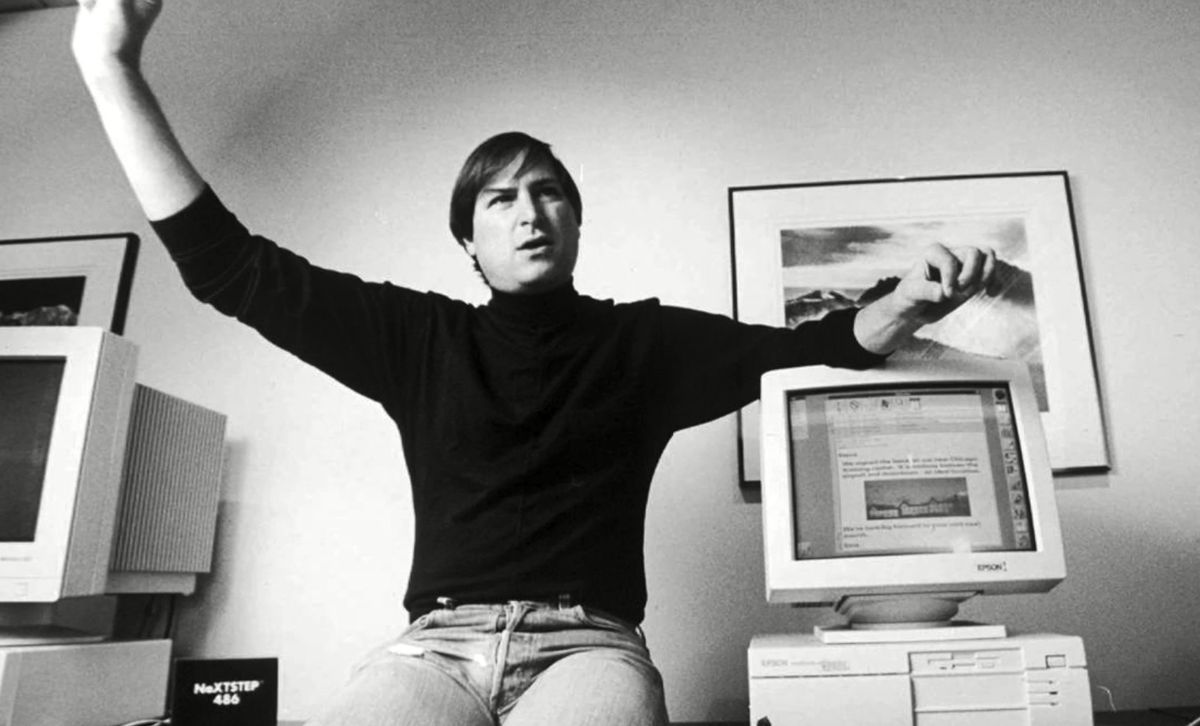[ad_1]
The success of a company depends on its collaborators and their teamwork. Steve Jobs fostered a culture of trust and collaboration at Apple. Emotional intelligence and the ability to resolve conflicts are vital in the modern business world.
It is important to bear in mind that the success of an organization or company does not depend on its products or services, but also on its collaborators. Teamwork is essential to achieve goals and overcome challenges.
Steve Jobs, the renowned co-founder of Apple, knew this more than anything, and at the time he ensured that his company was known not only for its technological innovations, but also for its culture of teamwork.
Emotional intelligence is a vital skill in the modern business world, where success can depend heavily on technical ability, intelligence, effective leadership, team management, and conflict resolution.
During his tenure at Apple, Steve Jobs applied three fundamental elements to build a dream team capable of achieving its goals ahead of time. And the secret was simply to trust others and their intellectual abilities.
To be successful, you have to trust others.
Trust between team members is the central axis of everything. It promotes effective collaboration, open communication, and the ability to take risks together.
Trusting others helps reduce conflicts and improves team cohesion, while being closely related to performance, especially on complex tasks.
When the activities require a certain complexity that requires interdependence and coordination between the members of the work team, there are ways to foster trust, since it is crucial to achieve the objectives together.
Conflict in the work team can bring benefits

As strange as it may seem, conflict within a work group can have benefits at certain points. Since it is an important and natural part of the job, but it must be managed properly to avoid negative consequences on productivity.
Relationship-focused conflict can have negative effects on trust, job satisfaction, and turnover. But if strategies such as active listening, task commitment and collaboration are discussed to manage conflicts in a good way, the purpose will have been fulfilled.
Problems within well-managed companies and organizations can be beneficial for teamwork and in the end planning can be used to manage it effectively.
It is important to lead by ideas
Jobs mentioned that the best ideas have to win, otherwise good people don’t stay. In many companies, the traditional hierarchy can become an obstacle to creativity and innovation.
It is important to mention that when leaders prioritize the power structure over ideas, they risk demotivating employees and limiting the flow of ideas from lower levels.
Of course, this can lead to lost talent and a sense of disconnection among employees, as they know that their opinion is not valued by their bosses.
This way, it has been shown that adopting a flat organizational structure can be the key to fostering creativity and innovation in the workplace.
Building a dream team is not just about hiring the most talented people, but about fostering a culture that values collaboration, creativity, and trust.
By following Steve Jobs’ advice and focusing on diversity of skills, passion, and shared vision, you can build a team that will not only succeed, but also feel valued.
[ad_2]

